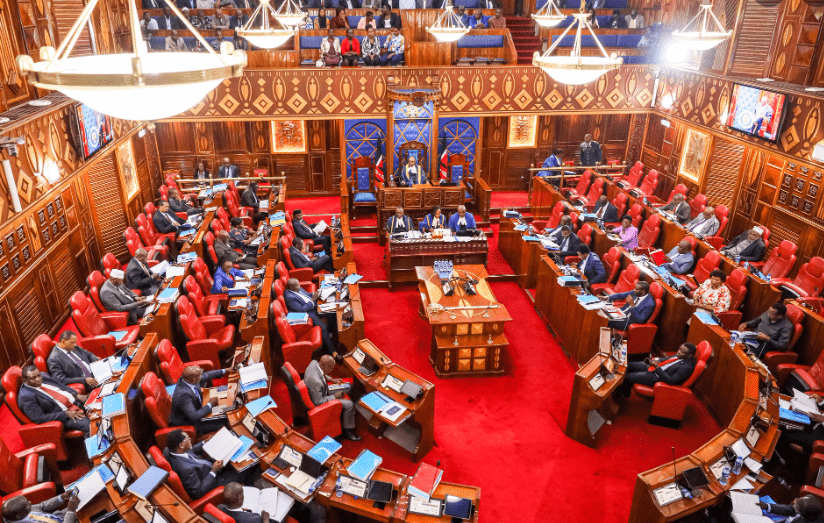Domestic workers: Lack of labour policies remains a major challenge

Yesterday, June 16, 2025, was International Domestic Workers Day, set aside by the United Nations and observed globally to recognise the significant contribution of domestic workers to the economies of families, communities, nations and the world.
International Domestic Workers Day is observed on June 16, which commemorates the adoption of the Domestic Workers Convention No. 189 by the International Labour Organisation (ILO) in 2011.
The Convention defines domestic work as labour performed in or for a household or households, and a domestic worker as any person engaged in domestic work within an employment relationship.
Domestic workers perform such work as cleaning, cooking, washing, and providing personal care, with the latter supporting individuals in maintaining their independence and dignity.
The Convention was adopted within the framework of ILO’s commitment to promoting decent work for all, recognising that “domestic work continues to be undervalued and invisible, and is mainly carried out by women and girls, many of whom are migrants or members of disadvantaged communities who are particularly vulnerable to discrimination in respect of conditions of employment and of work, and human rights abuses”.
But despite the crucial role that this cadre of labour workforce renders in the day-to-day lives of almost every household in a society, the most decent title that members of this category of staff can get from those they serve is ‘auntie’, if the hosts are kind enough.
Even as Kenyans complain about the mistreatment of fellow compatriots who work as migrant domestic workers in the Gulf Cooperation Council (GCC) countries like Bahrain, Kuwait, Oman, Qatar, Saudi Arabia, and the United Arab Emirates, biases against domestic workers abound locally.
Because they are considered to be of lowly standing in Kenyan society, many are the men and even women in some circumstances, though, that have become the butt of jokes, chided by their peers in social gossip for having an intimate relationship with one who works as domestic workers.
A 2024 study aimed to shape a positive narrative and remove barriers to labour mobility.
While labour migration from Africa to GCC countries was traditionally dominated by neighbours like Egypt, Sudan, Ethiopia, Chad and Somalia, progressively Nigeria, Ghana, Uganda, and Kenya have become major sending countries.
The pull factors include expanding economies in the region, exponential increase in the number of dual-wage expatriates with childcare needs, increase in life expectancy, increase in chronic illnesses, and an increase in the number of families moving away from extended to nuclear family structures.
Few economic opportunities, pressing economic needs, support for parents/children, and human trafficking are among the push factors.
The study’s findings paint a gloomy picture for domestic workers, locally and internationally. Kenya does not have a comprehensive policy framework for local domestic workers and for labour migration for those who seek opportunities abroad, resulting in a lack of capacity to negotiate better terms of employment abroad and to manage the return and reintegration of migrants.
The writer is the Executive Director of the Kenya National Civil Society Centre and Chairperson of the Horn of Africa Civil Society Forum.














